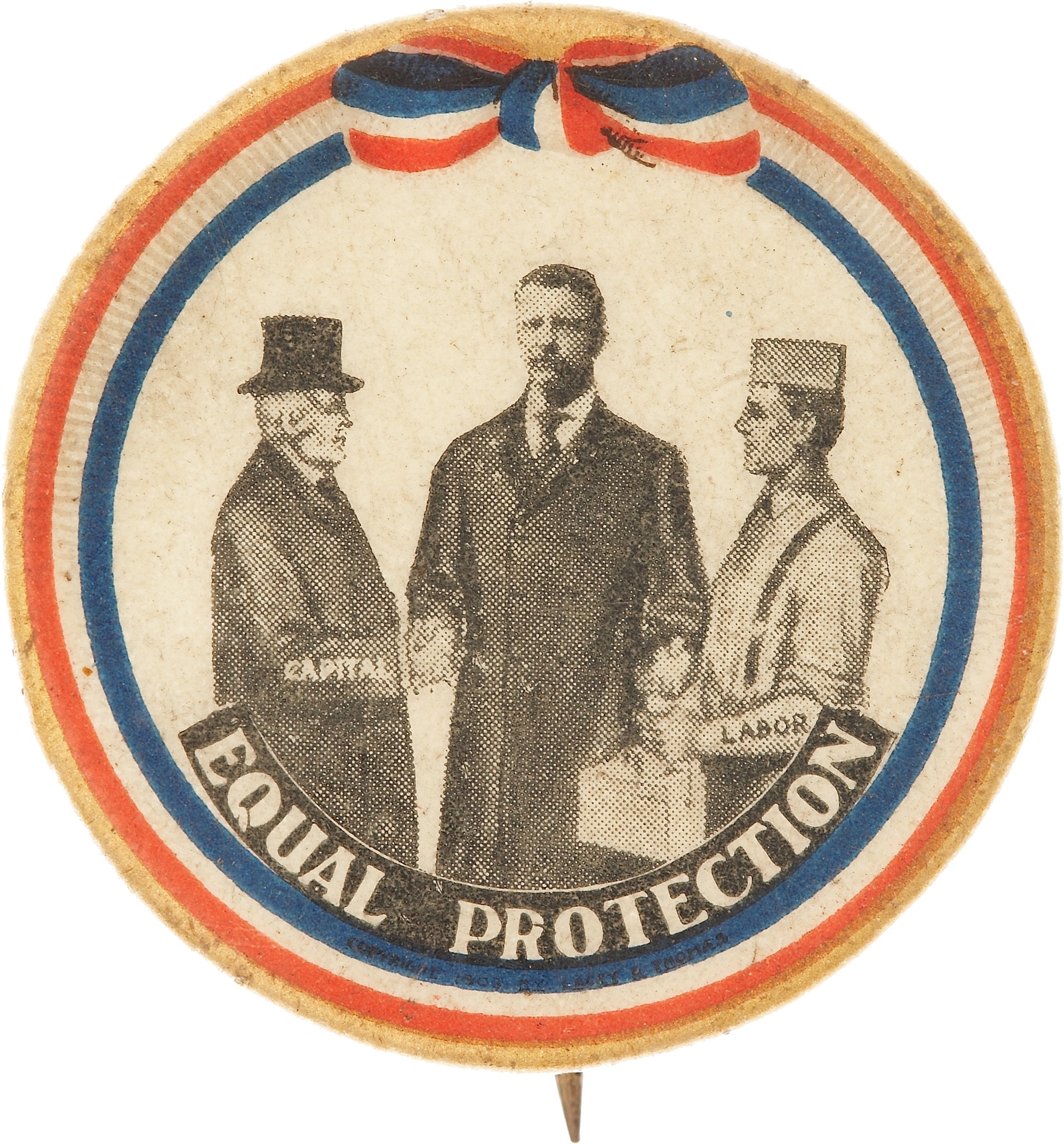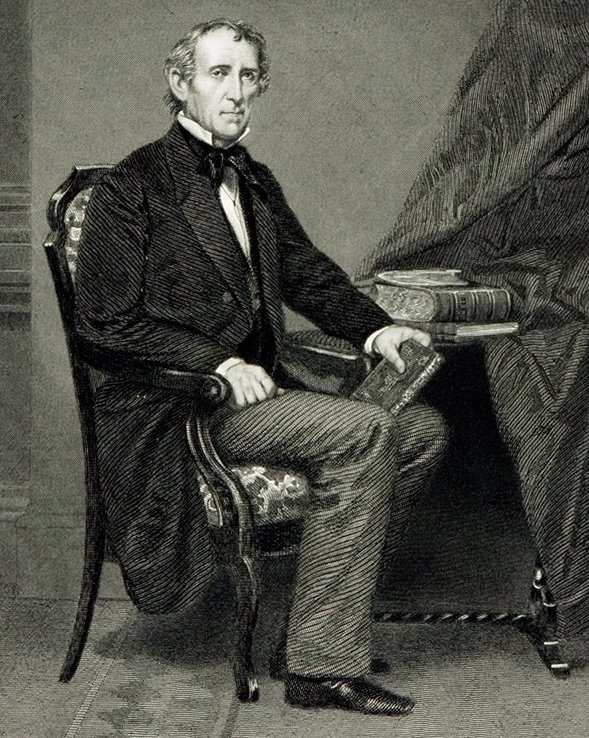
By Jim O’Neal
During his first year as president, Teddy Roosevelt left the White House as he had found it. But when the Roosevelts and their six lively children moved in, it had become obvious that there was insufficient room for both governmental offices and a family home. This prompted a complete remodeling, the first in nearly 100 years. Leading architects designed a new West Wing of executive offices that was joined to the main building by a colonnade. The second floor of the main building had the offices replaced by private bedrooms, sitting rooms and playrooms for the presidential family.
Like John Tyler, Millard Fillmore, Andrew Johnson and Grover Cleveland, Roosevelt had not been sent by the voters to live in the White House, having moved in only after the death of an elected president. He knew he lacked the public and party power to support the new international presidency that President William McKinley developed, yet he was destined to dramatize it to the world.
Born in 1858, he is (surprisingly) the only president born in New York City. The first new president of the 20th century and the youngest man to ever hold the office, he brought a vim, vigor and vitality to the White House that swept away any lingering cobwebs of the 19th century. Later, elected in his own right, Roosevelt began to act with an even bolder style than before. In his annual message to Congress in December 1904, he announced an expansion of the concept of the Monroe Doctrine that became known as the Roosevelt Corollary.
The Russo-Japanese War had been going on for more than a year when TR began efforts in 1905 as a mediator. He succeeded in getting the two nations to sign a peace pact in Portsmouth, N.H. On Dec. 10, 1906, he became the first American to win the Nobel Peace Prize.
One of the first controversial issues had occurred during his first year in office on October 16 when he held a “family supper.” Among the invited guests was the great educator Booker T. Washington, whose biography, Up From Slavery, was being widely read. The press reaction was instantaneous; this dinner guest was the hottest news since the McKinley assassination.
“Probably The First Negro Ever Entertained at the White House” screamed the headlines of the Atlanta newspaper, and many others were also harsh in their criticism. No African-American received a special invitation to the WH for many years.
It seems exquisitely delicious and ironic that a black family has had their “family meals” in the same White House over the past 2,800-plus nights and, importantly, anyone of any race is only there by their special invitation!
Things do change.
 Intelligent Collector blogger JIM O’NEAL is an avid collector and history buff. He is President and CEO of Frito-Lay International [retired] and earlier served as Chairman and CEO of PepsiCo Restaurants International [KFC Pizza Hut and Taco Bell].
Intelligent Collector blogger JIM O’NEAL is an avid collector and history buff. He is President and CEO of Frito-Lay International [retired] and earlier served as Chairman and CEO of PepsiCo Restaurants International [KFC Pizza Hut and Taco Bell].

